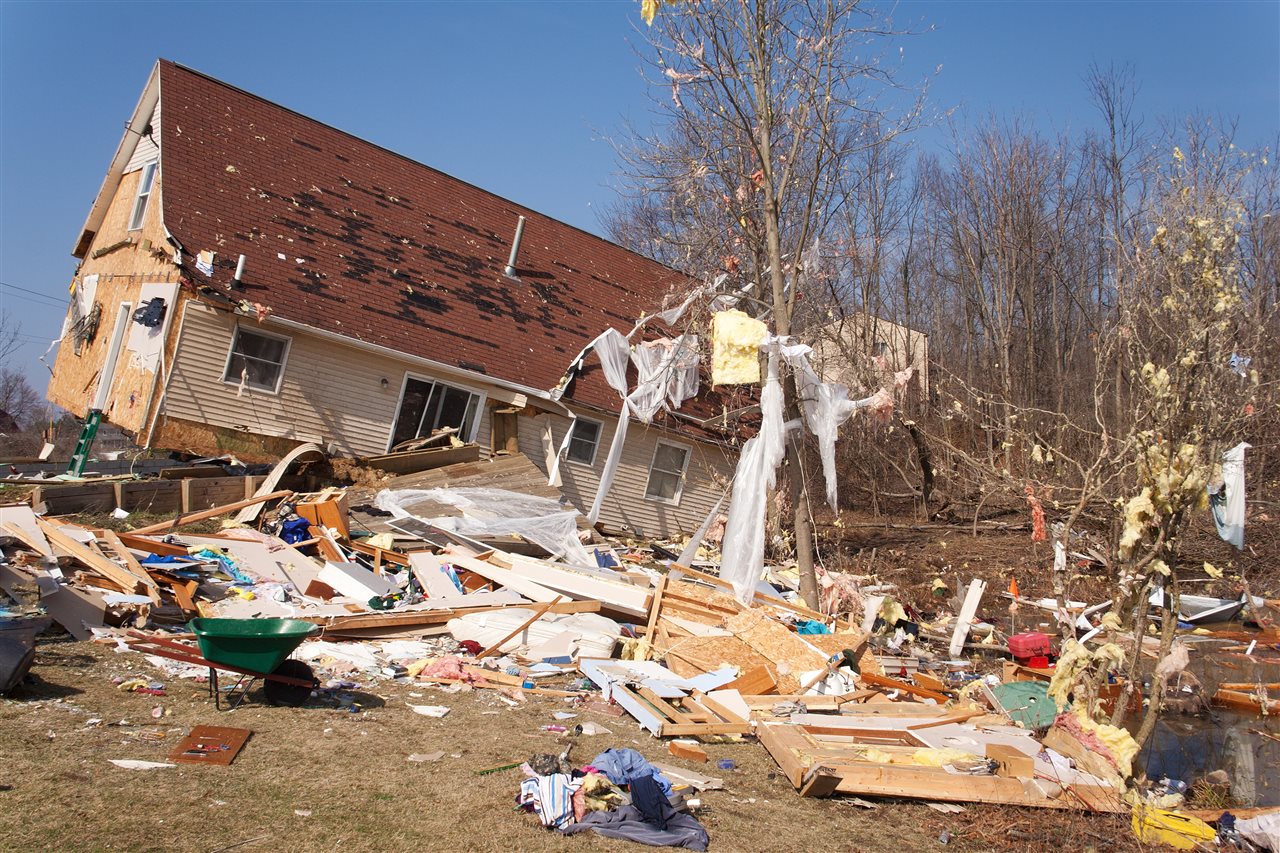Travel can be fun and rewarding. But if you’re a Veteran with health concerns, it can also bring worry: What if I lose my medications? What if I get sick or have a flare-up while I’m out of town?
You can relax. VA has a set of virtual health care tools that will help make your trip more carefree. For increased peace of mind, do these things before you go:
Register for My HealtheVet, VA’s online health portal, to stay on top of your VA health care while you’re away. Look up health information, refill prescriptions, download your medical images and reports, and access information on your allergies and adverse reactions. If you upgrade to a premium account, you can view and download your medical records, keep track of your appointments, and message you’re your VA care team if they participate in Secure Messaging.Read More »VA Offers Tools to Make Traveling Easier for Veterans with Health Concerns





